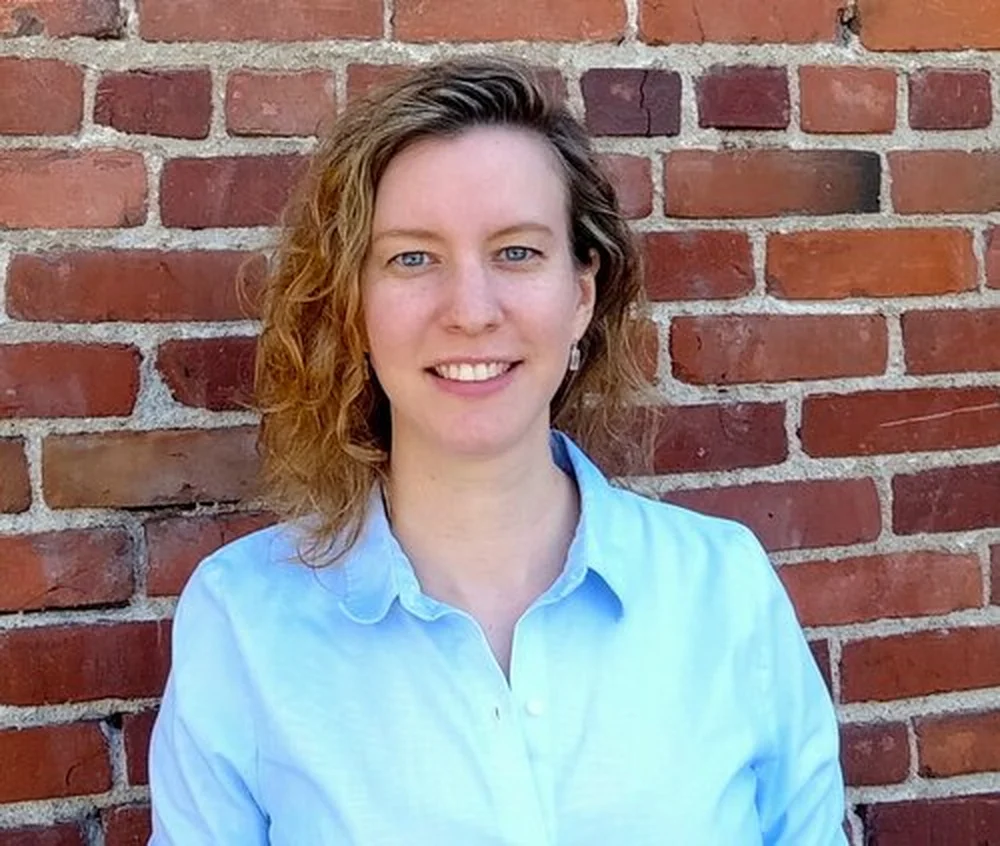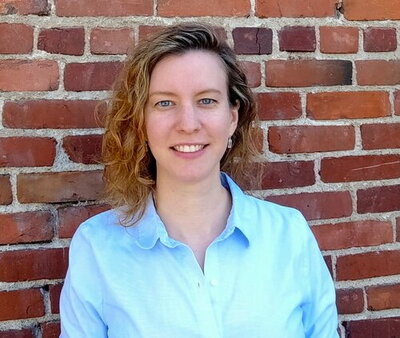
When Decker French learned she had been named a Lincoln Excellence for Assistant Professors Scholar, it was a complete surprise.
“I didn’t know that I was nominated,” she said. “So it was a very pleasant surprise! It is incredibly rewarding to have this kind of recognition for work that’s been evolving since I first joined the department.”

The LEAP Scholar award is one of the campus’s most competitive honors for early-career faculty. For French, who joined the Department of Astronomy in 2020, the timing felt especially meaningful: “This is the phase where I can see meaningful results come together from my group’s work over the last five years.”
French’s research focuses on how galaxies form, change, and—eventually—stop forming stars. In particular, she studies violent cosmic events known as tidal disruption events, or TDEs. “I study what happens when stars get ripped apart by black holes to study extreme gravity,” she said. “It’s one of the few ways we can really learn about black holes that would otherwise be invisible. From these measurements, we aim to learn how supermassive black holes first formed and how they grow in concert with their host galaxies.”
These rare events, which produce a sudden flare as stellar debris falls into a black hole, offer a powerful way to study how galaxies evolve. French’s multi-wavelength approach combines optical, radio, and submillimeter data—and increasingly, machine learning tools—to trace these processes across space and time.
An environment for discovery
Before coming to Illinois, French received her bachelor’s degrees from MIT and her PhD from the University of Arizona. After school, she was a Hubble Postdoctoral Fellow at the Carnegie Observatories in Pasadena, California, where she studied galaxy evolution using multi-wavelength observations. French joined the department because she was drawn to its depth, methods, and collaborative spirit. “The department was engaged in a broad range of innovative and impactful science,” she said. “I saw an opportunity not only to contribute meaningfully, but also to grow by learning from colleagues with diverse expertise. That combination was really compelling.”
She now works closely with faculty across specialties and sees students participate in multiple research collaborations—a dynamic she believes benefits everyone involved. “I think students can really benefit from learning from multiple mentors,” she said. “When students have access to a wide range of skills and areas of expertise, it benefits them and results in great science.”
French also teaches Astro 406, a hands-on course that introduces students to how scientific research works in practice. “Knowing how that works is an extremely useful skill,” she said.
As her lab continues to grow, she’s primarily focused on one enduring question: What causes galaxies to stop forming stars? “We think that one of the key places we get energy to do this is from the black hole,” she explained. “In principle, that’s enough energy to change the galaxy—but in practice, it’s tricky to catch that happening in action.”
French has found a new passion in Illinois when she’s not probing the secrets of distant galaxies. “Since moving here, I’ve gotten really into sailing,” she said. “There’s a group out at Clinton Lake that sails pretty regularly.”
As her research advances and her students take on increasingly ambitious projects, French’s work continues to bridge discovery and mentorship—shaping our understanding of the cosmos and the people who will study it next.